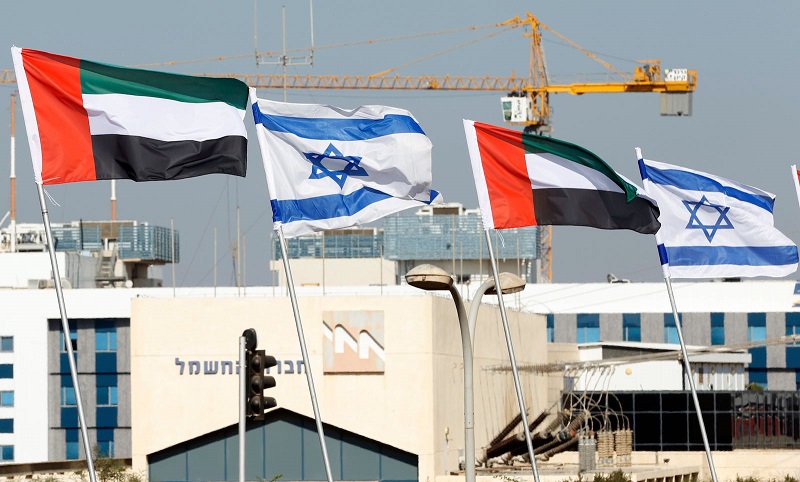The main questions about the normalisation agreement between Israel and the United Arab Emirates announced a week ago are why did it happen and what will it change?
It’s pretty clear what US President Donald Trump and Israeli Prime Minister Benjamin Netanyahu get out of the deal – both leaders are domestically embattled and in need of a foreign policy win. But it’s harder to see what’s in it for UAE’s Crown Prince Mohammed bin Zayed (or MBZ, as he is widely known), who made the biggest concessions in the deal.
The conventional analysis is that it’s all about Iran: a shared interest in countering Iran has pushed Israel and the Sunni monarchs of the Gulf region closer together. It follows from this analysis that the main impact will be strengthened collective deterrence of Iranian aggression.
There are two problems with this explanation.
First, recent experience has shown that Abu Dhabi is less focused on challenging Tehran than is often assumed. MBZ has long been more worried by Sunni Islamists than by Shia Iran. Iran poses an external threat to the UAE, but the Muslim Brotherhood has shown – most notably in Egypt – that it can take power from within. This prioritisation has real-world consequences. The UAE – especially Dubai – maintains a relatively strong economic relationship with Iran. But since 2017, the UAE has driven a campaign to isolate and punish Islamist-friendly Qatar. That campaign has weakened efforts to build a united Gulf Cooperation Council front against Iran.
Read the rest of the article in The Interpreter.

